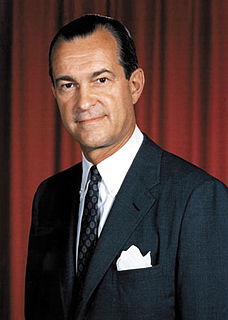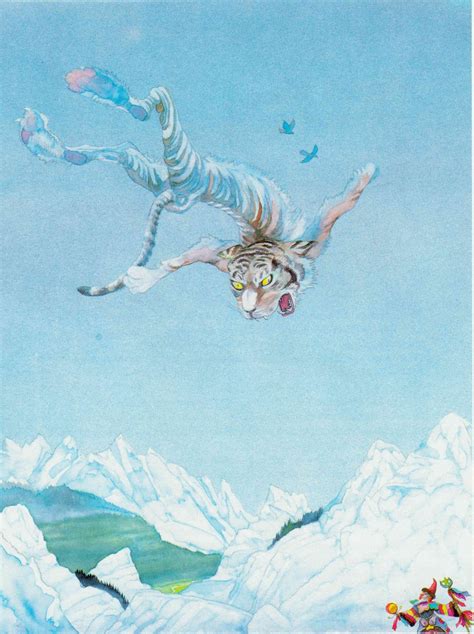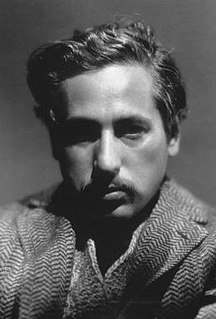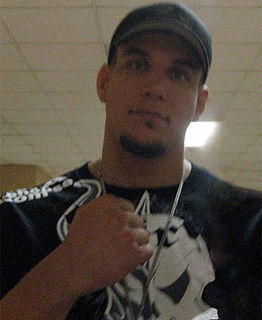A Quote by Jane Lindskold
Even after the text is written, there are a tremendous number of stages along the way to the finished book. If a publisher cares about the finished product, none of them will be omitted.
Related Quotes
If the book is finished—published and on the shelf—I do not think of revising it. But if I'm not finished psychologically with characters, they will recur, either as themselves or as new, slightly altered manifestations, and their same issues will reappear. It's a matter of the subject and emotional investment and my own obsessive thinking about various issues It's an unconscious process. To say that a single story is not done isn't quite true. A story can be finished and judged successful or not by somebody else, but if the issue is not done for me, I can count on its reappearance.
Movies are great fun and wonderful when they're good. But you never get to see them till six months after they're finished. So you never get a sense of whether they're really well liked or how good they are. And you don't really know what the finished product is going to be like, because it's a director's medium.
As soon as I finished 'The Finkler Question,' I was in despair. I'd changed my English publisher because they'd been lukewarm about it and not offered enough money. The American publisher didn't like it. The Canadian publisher didn't like it... I'd been bleeding readers since my first novel, and I could see my own career going down.






































